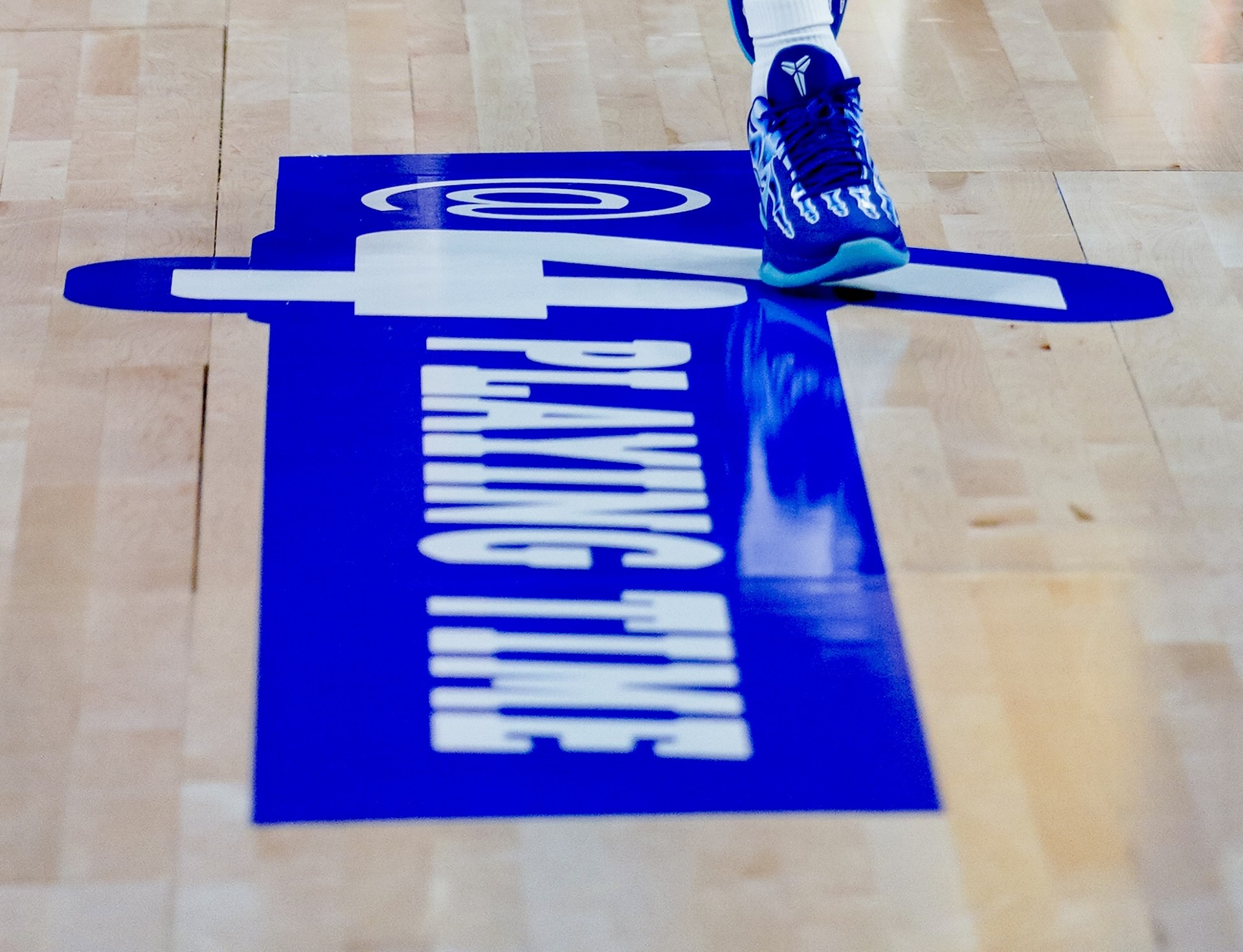Understanding the New Scholarship and Roster Limit Rules in College Basketball Starting 2025
Big changes are coming to NCAA Division I men’s basketball starting in the 2025-26 season, reshaping scholarship limits, roster sizes, and revenue sharing between players and schools. Here’s what you need to know per the NCAA Settlement: House vs NCAA:
Roster Limits and Scholarships
Beginning in 2025, D1 men’s basketball teams will be capped at 15 roster spots, and schools will be allowed to offer up to 15 scholarships. However, basketball will be reclassified as an equivalency sport. This means coaches will have the flexibility to divide those 15 scholarships as full or partial awards among their players, tailoring them to their recruiting strategies.
Revenue Sharing for Athletes
As part of the NCAA’s recent settlement, student-athletes will receive up to 22% of the average revenue generated annually by Power Conference schools. For the 2025-26 season, these schools have been informed that this revenue-sharing “cap” will be set at $20.5 million across all sports combined. This means players will have the opportunity to benefit from a portion of their program’s financial success, which is a groundbreaking step for college athletics.
Opt-In or Opt-Out: Schools Have a Choice
Schools will need to make a decision each year about whether to opt into this new system or stick with the current rules.
• Opt-In Schools: These programs will adopt the 15-player roster limit and 15 scholarships while participating in the revenue-sharing system. Schools must notify their intent to opt in by March 1 of each year, starting in 2025.
• Opt-Out Schools: Programs that choose not to participate in the new system will retain the current model of 13 scholarships and can carry more than 15 players on their roster. However, opting out means they will not participate in the revenue-sharing system, so their athletes won’t benefit from the annual financial distribution.
What This Means for Coaches and Players
This shift is significant for both players and coaches. For players, it opens up new opportunities to earn partial scholarships and receive revenue-based compensation, aligning the financial incentives of schools with the athletes’ performance. For coaches, it adds strategic complexity, requiring decisions about scholarship distribution and whether to opt in or out of the system because of the impending roster limit of 15 total players.
In short, the NCAA’s new rules will create a more flexible and financially inclusive environment for student-athletes, while offering schools the choice to embrace or bypass these changes based on their goals. As the March 1, 2025, deadline approaches, all eyes will be on schools to see how they adapt to this transformative era in college basketball.
For the latest updates, follow us:
• @4PlayingTime on X and Instagram for all things college basketball.
• @TP4PT on X and Instagram for Transfer Portal news.
• @JC4PT on X for Junior College news.
SHARE THIS STORY ANYWHERE YOU LIKE
SHARE THIS STORY ANYWHERE
Revocruit Partners with New Balance P32 League to Elevate Athlete Visibility Nationwide
DALLAS/FORT WORTH, TX — Revocruit, the premier search engine for college coaches at D1, D2, D3, NAIA, and JUCO levels, has officially partnered with the New Balance P32 League, a top-tier grassroots basketball league in [...]
NCAA Sets March 1, 2025 Deadline for D1 Schools to Opt Into House Settlement
College sports are on the verge of a massive transformation. The House Settlement will allow Division I schools to directly compensate student-athletes, marking a fundamental change in how teams are built and how players are [...]
NCAA D2 Denies Extra Year for Non-NCAA Transfers, While D1 Grants Waiver
A recent proposal to extend eligibility for D2 student-athletes who previously competed at non-NCAA institutions has fallen short. The NCAA D2 Management Council considered a waiver that would have allowed these athletes to remain eligible [...]




